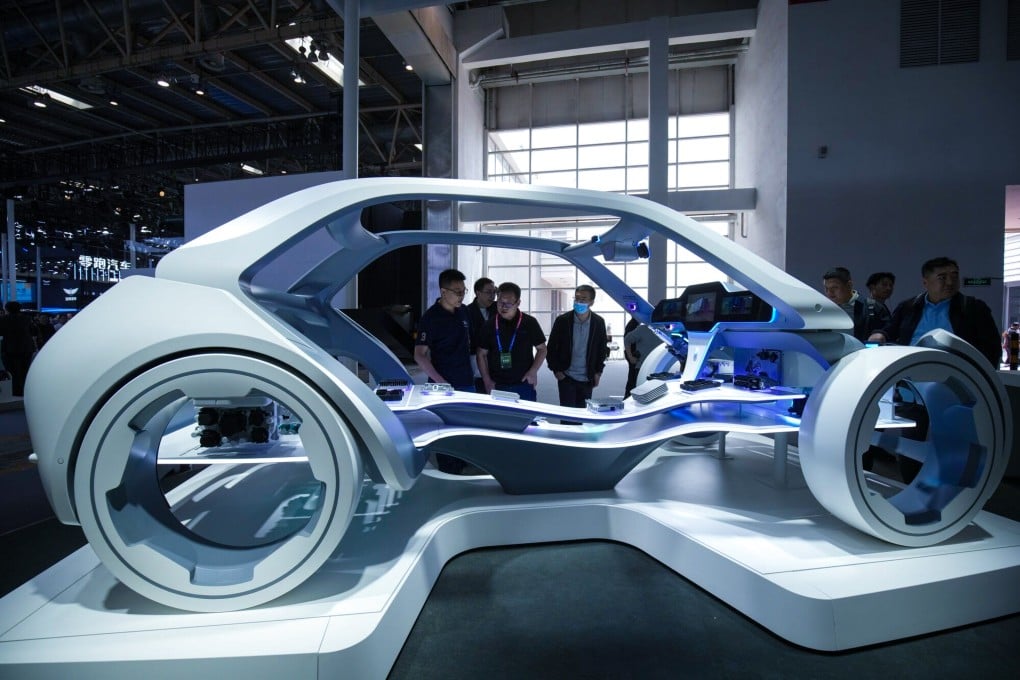Chinese EV makers, suppliers risk dent to global stature in price war, Bosch exec warns
- China should create a fair and orderly mechanism to avoid cutthroat competition, China president of German supplier says he told Xi Jinping

“In the global automotive industry, Chinese companies are now the front-runners, at least in terms of intelligence and electrification,” he said. “But only high-quality growth [of the industry] will do good to the economy and hone Chinese companies’ image as responsible leaders.”
Xu was among the business leaders who met Xi in East China’s Shandong province on May 23 when the Chinese president struck a pro-business and pro-growth tone to reassure bosses of state-owned companies, senior executives of multinational firms, private entrepreneurs and investors about China’s economic outlook.
Bosch, the world’s largest automotive supplier, has had a presence in China since 1909. It reported revenue of €18.2 billion (US$19.5 billion) in 2023, up 5.2 per cent year on year.
About 80 per cent of the company’s revenue in China derived from its automotive segment, which includes autopilot software for autonomous-driving systems, electromechanical brake boosters and anti-lock braking products.
Xu’s proposal to Xi came after mounting worries about the overall profitability of Chinese EV makers and component providers as they engaged in an aggressive price war to win market share and clear inventory amid overcapacity woes.
